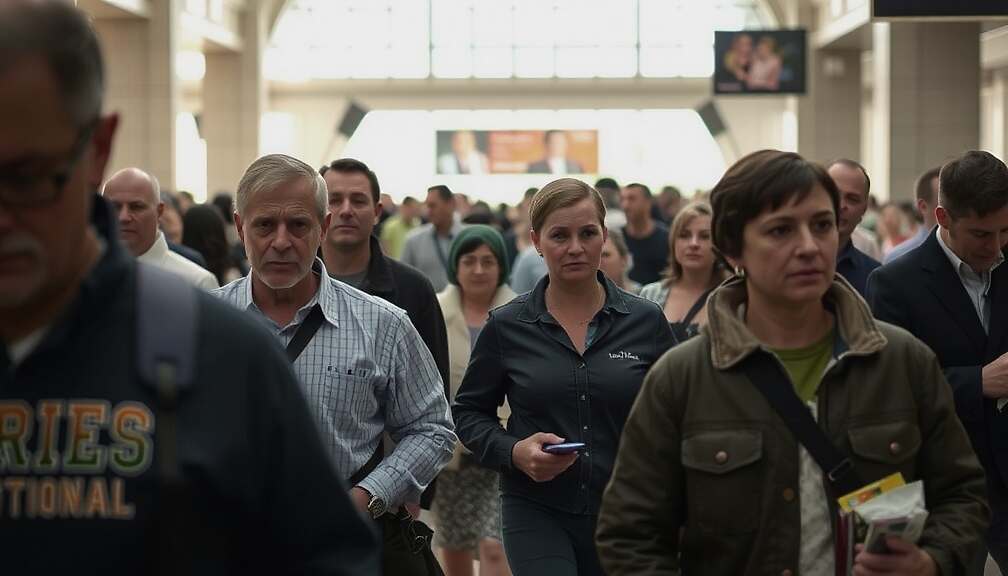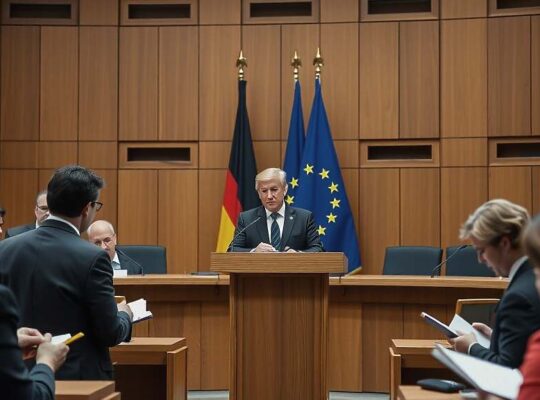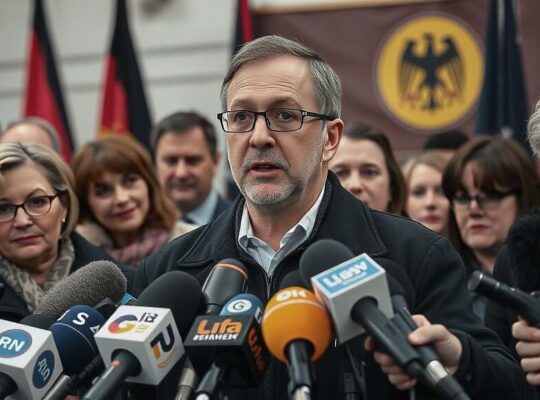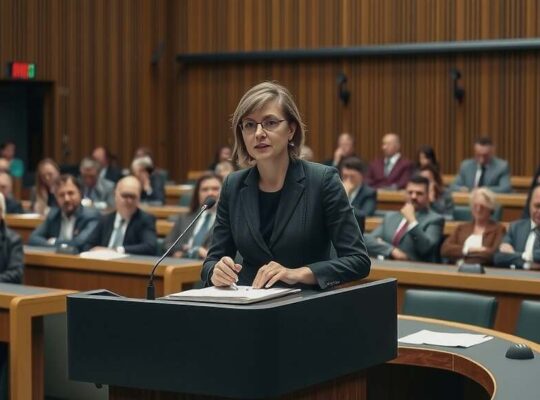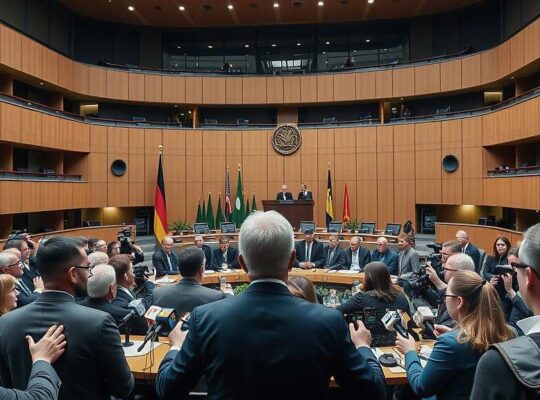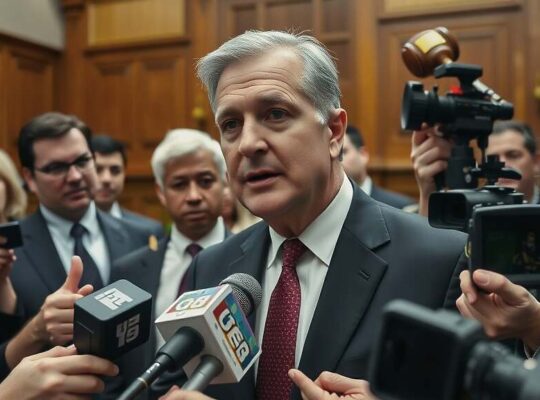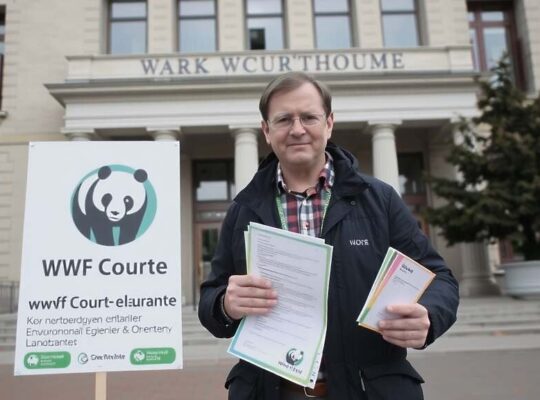The Dutch government is pushing forward with a controversial asylum pilot program involving Uganda, aiming to deter asylum seekers and reshape migration calculations, according to recent statements by Foreign and Migration Minister David van Weel. The initiative, agreed upon in late September, proposes relocating dozens of rejected asylum applicants from the region surrounding Uganda to the East African nation.
Van Weel, of the center-right liberal party, expressed urgency surrounding the program’s implementation, emphasizing a need to alter the expectations of potential asylum seekers. He argues that many currently believe they can remain in Europe, regardless of their asylum claims. The Dutch government hopes that the Uganda program will demonstrate that such prospects are false, acting as a deterrent.
Currently, legal details are being finalized between the two nations. While rejecting the notion of detention-like housing, Van Weel indicated a system offering open accommodation coupled with vocational training and supportive measures. The stated objective is to facilitate the return of these individuals to their countries of origin from this so-called “transit hub”. The Netherlands has ruled out direct financial payments per individual relocated, but is considering indirect contributions to organizations like the UNHCR and the International Organization for Migration to support the program’s operational needs.
Perhaps most notably, Van Weel acknowledged the potential exclusion of LGBTQ+ individuals from the forced transfer to Uganda, citing concerns about the country’s recently enacted and severe anti-LGBTQ+ laws, which include the possibility of the death penalty for homosexual acts. He suggested that individuals belonging to this community may be considered for asylum within the Netherlands itself, given the substantial risk of criminal prosecution they would face in Uganda. This element of the program has drawn immediate criticism from human rights organizations, highlighting the ethical complexities of outsourcing asylum processing to a nation with a demonstrably discriminatory legal framework. Critics question the suitability of Uganda as a safe third country and raise concerns about the potential for human rights violations. The program’s progress and ethical considerations are expected to face continued scrutiny both domestically and internationally.


